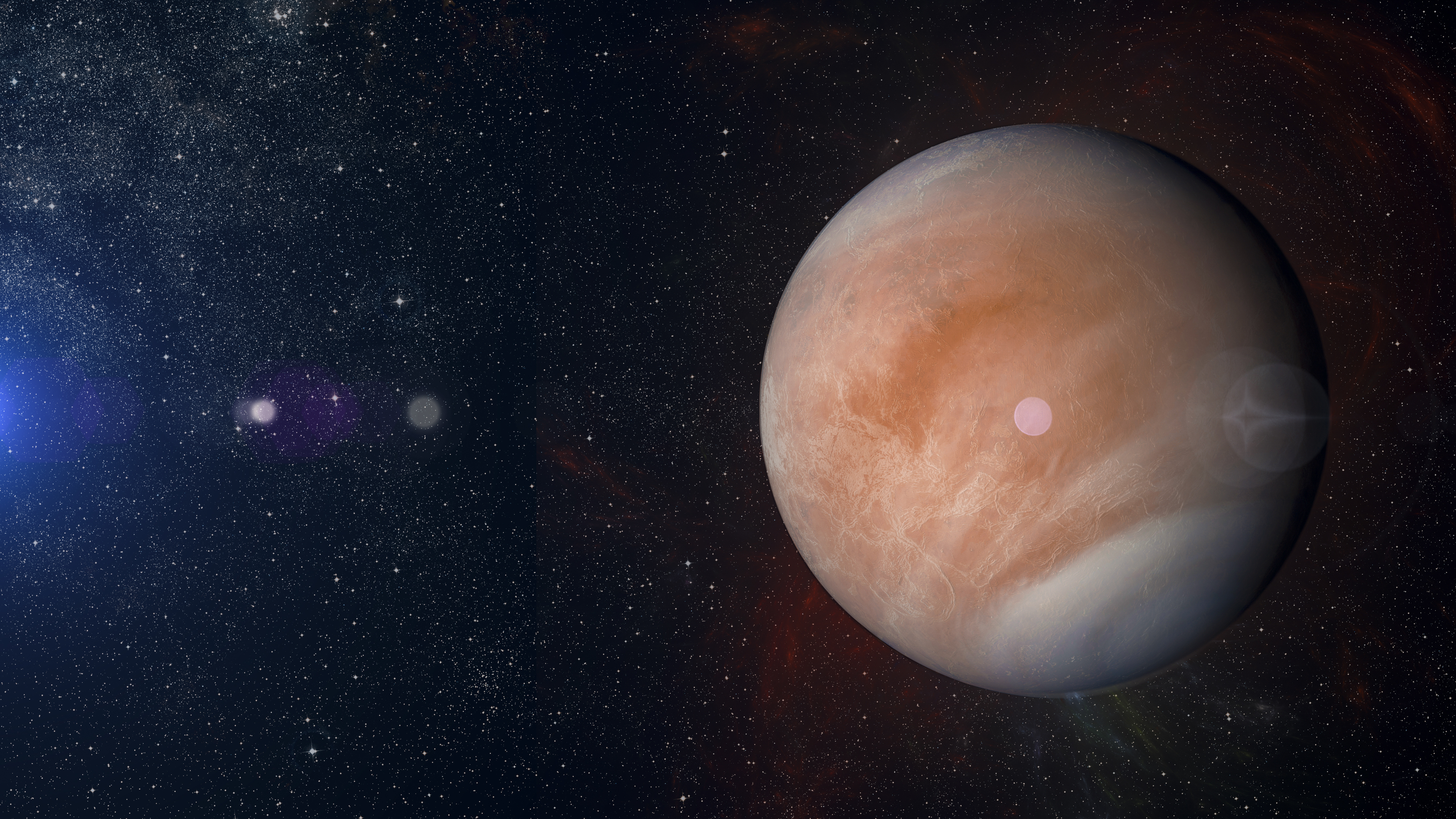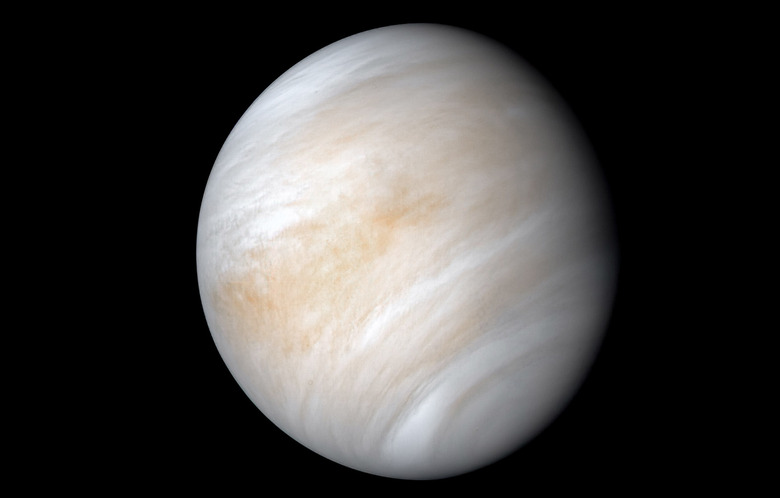Scientists Find More Proof Of Life On Venus
Four years ago, back in 2020, a group of scientists at Cardiff University in the UK discovered phosphine in the clouds on Venus. This significant discovery, the researchers said, showed that a gas closely related to life on Earth existed on Earth's twin still to this day, spurring theories that life on Venus might not be completely extinct just yet.
However, many scientists called back to those researchers and those theories, calling them crazy for even suggesting such a thing. And while it is always good to have a healthy amount of skepticism about things, those scientists didn't give up. And now, four years later, they are back with more evidence to support their new theory.
The new evidence supporting the theory that life on Venus might exist concerns yet another gas important to biological activity here on Earth—ammonia. The finding isn't a grand slam by any means, but it does show that the researchers are willing to do what it takes to build their case for an otherworldly ecosystem on Earth's neighboring hothead.

The idea here is that the ammonia these scientists have detected on Venus is being created by some kind of microbial life form. The researchers believe it might even be some way for the life forms to regulate their own environment within the harsh environment of Venus. Ammonia would make the environment much less acidic and even more survivable, the researchers explained to CNN.
But these theories about the existence of life on Venus will take some time to prove. And we'll need a lot more information to make such a call a reality.
While we don't have the answers just yet, hopefully, NASA's upcoming Deep Atmosphere Venus Investigation of Noble Gases, Chemistry, and Imaging (DAVINCI) will give us some much-needed information when it plummets through Venus's atmosphere in the 2030s.
